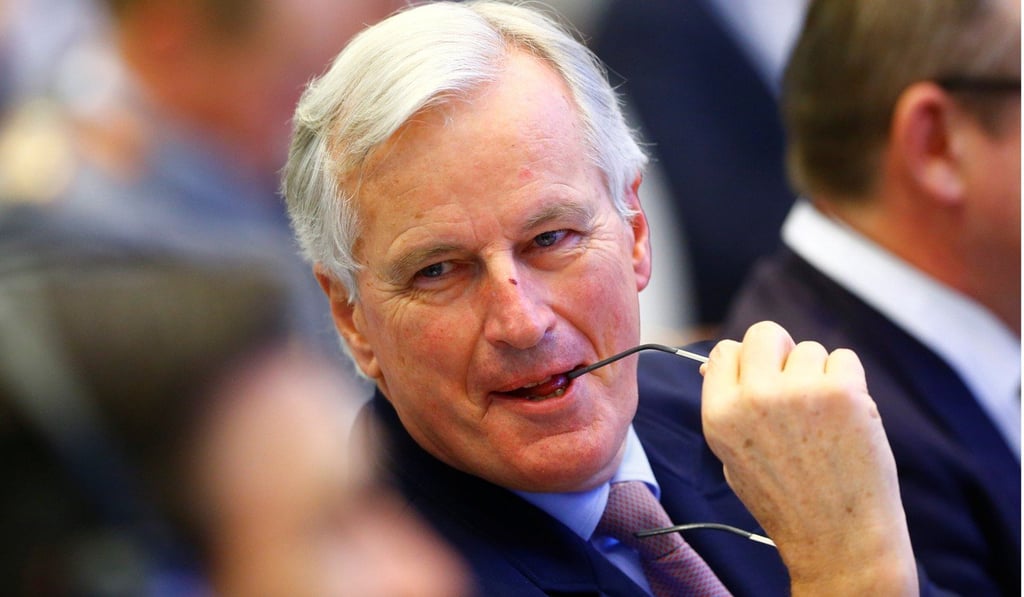Anger in UK over reported US$50 billion Brexit ‘divorce’ bill
But investors are optimistic the reports heralded a breakthrough, sending the pound to a two-month high against the US dollar

Brexiteers and europhiles reacted angrily to reports on Wednesday that Britain will pay up to €55 billion (US$63 billion) to leave the European Union, putting pressure on British negotiators before key talks.
London and Brussels have agreed that Britain will pay between €45 billion and €55 billion, according to The Daily Telegraph.
EU chief negotiator Michel Barnier refused to confirm any reports, calling them “rumours”.

“There is a subject on which we are continuing to work – despite the claims or rumours in the press today, that’s the issue of financial engagements,” he told a security conference in Berlin.
Pro-Brexit supporters reacted with anger to the reports, with leading campaigner Nigel Farage calling the reported figure “utterly unacceptable”.